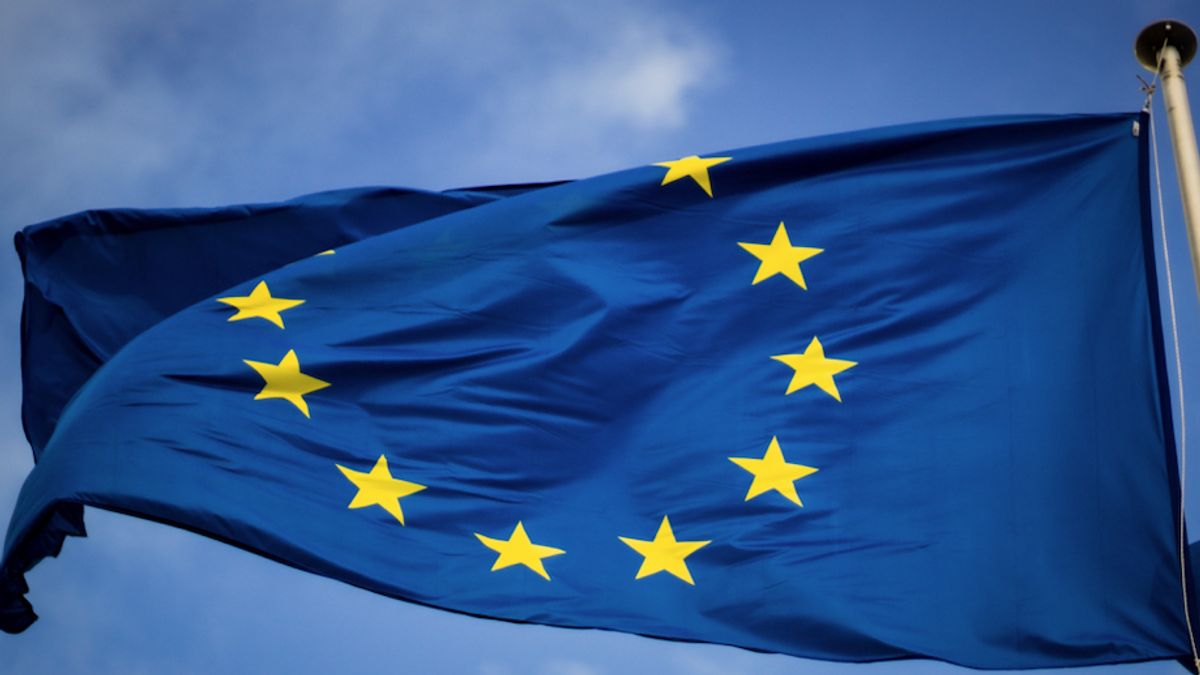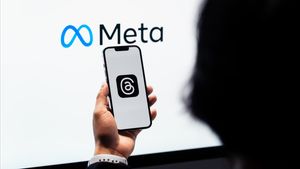JAKARTA - The European Union (EU) has drafted a law (UU) that specifically discusses Artificial Intelligence (AI). This draft has been debated since Thursday, December 6 for 72 hours.
According to The Washington post report, regulators have reached an agreement, but they do not want to publish it to the public. Although there is no certainty of validation, the EU could be the first region to regulate AI.
The law will represent a standard, a model, for many other jurisdictions out there, "Tudorache, member of the Romanian Parliament told The Washington post.
Tudorache added that the Law on AI is very necessary considering the technology that is growing and affects many users. In order not to be misused, they need to specifically monitor AI problems.
Meanwhile, Engadget reports that this law will divide AI into four categories, namely minimal, limited, high, and prohibited. This category will be applied based on the social risk potential of the AI.
Prohibited AI models are unwanted models for users, targeting social groups that should be protected, and real-time biometric identification such as facial recognition.
Meanwhile, the high category will be embedded into the AI model added to the application with critical infrastructure, for legal issues, employee recruitment, to education. Especially for chatbots, this AI model will fall into a limited category.
SEE ALSO:
The EU believes that AI is very useful for humans. However, the application of this AI model still needs to be monitored so that it is not blamed for using by certain parties and still provides benefits for its users.
Regulations for artificial intelligence must be balanced, proportional and not limiting or hindering technological developments. This is very important because artificial intelligence has been present in many aspects of people's daily lives," wrote the EU when discussing AI on its official website.
The English, Chinese, Japanese, Arabic, and French versions are automatically generated by the AI. So there may still be inaccuracies in translating, please always see Indonesian as our main language. (system supported by DigitalSiber.id)
















